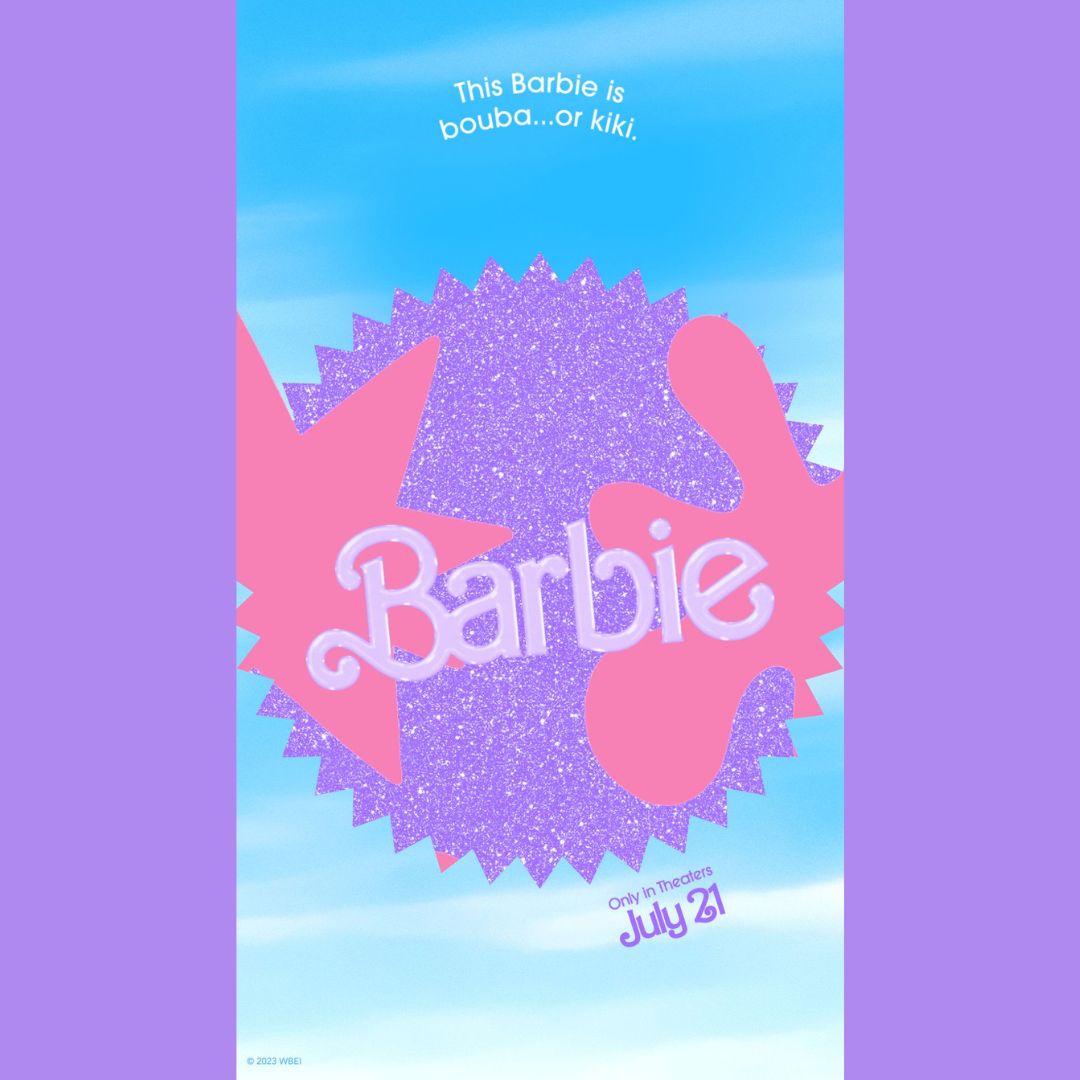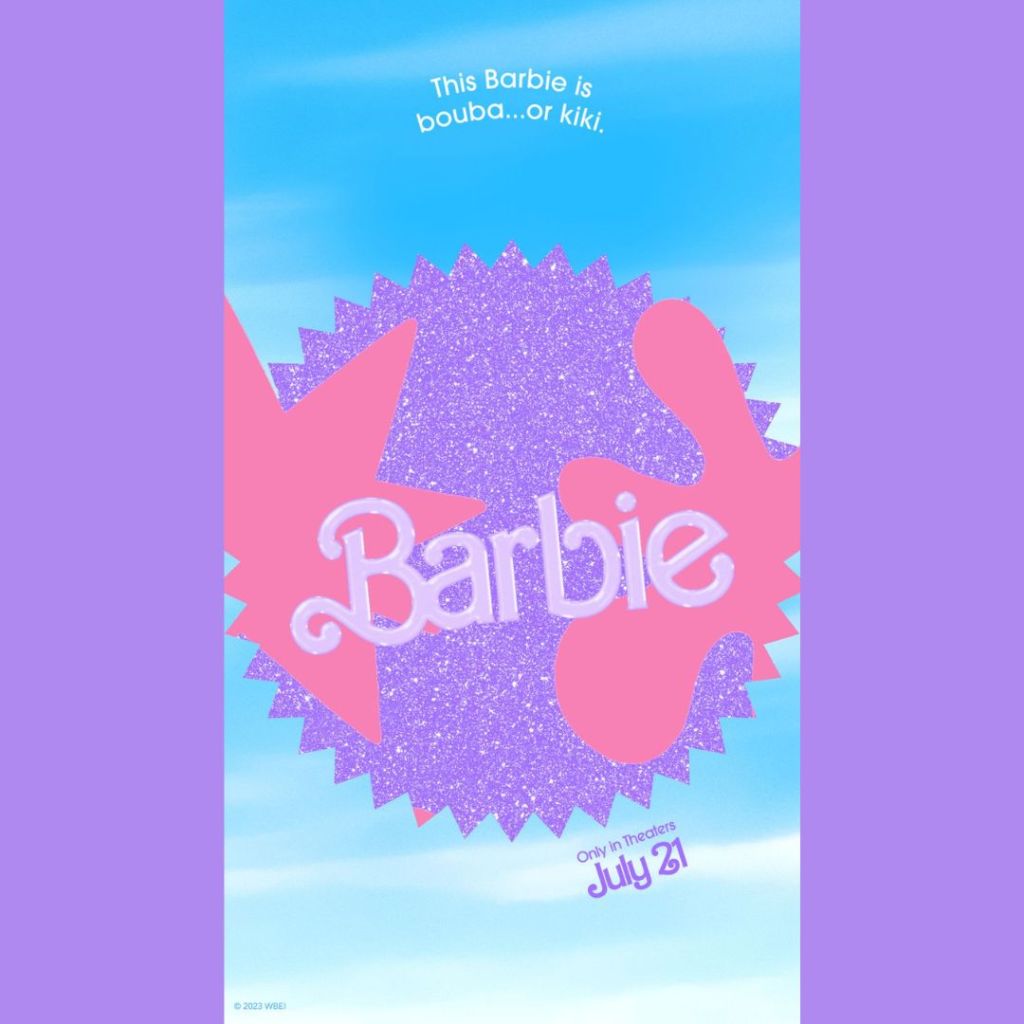I joined onto a fun project this month, Zach Weinersmith of the webcomic Saturday Morning Breakfast Cereal is running a Kickstarter for his book, The Universe: Abridged Beyond the Point of Usefulness, and one of the bonus rewards is an audiobook of his other book, Shakespeare’s Sonnets: Abridged Beyond the Point of Usefulenss. I’ll be the one reading the highly abridged sonnets, which I’m looking forward to!
I wrote down assorted thoughts about I think about framing a plenary talk, which began as a bluesky thread and I’ve now archived as a blog post.
The main episodes of Lingthusiasm were How kids learn Q’anjob’al and other Mayan languages – Interview with Pedro Mateo Pedro, in which we talk about expanding research on how children learn languages to a broader range of sociocultural settings, and Look, it’s deixis, an episode about pointing!, in which we talk about how pointing varies across societies and species (domestic dogs can understand a point, but wolves cannot), and how linguistic pointing relates to the eternal confusion about which Tuesday is next Tuesday.
The bonus episodes feature two names you might recognize from the end credits of Lingthusiasm episodes: How we make Lingthusiasm transcripts – Interview with Sarah Dopierala, in which we talk about how Sarah’s background in linguistics helps her with the technical words and phonetic transcriptions in Lingthusiasm episodes, her own research into converbs, and the linguistic tendencies that she’s noticed from years of transcribing Lauren and Gretchen (guess which of us uses more quotative speech!) and Field Notes on linguistic fieldwork – Interview with Martha Tsutsui Billins, in which we talk about the process of doing linguistic fieldwork and interviewing dozens of linguists about it for her own podcast, Field Notes.
We also announced new Lingthusiasm merch! We love reading up on an interesting etymology, but the history of a word doesn’t have to define how it’s used now – and to celebrate that we have new merch with the motto ‘Etymology isn’t Destiny’. Our artist, Lucy Maddox has brought these words to life in a beautiful design in black, white, navy blue, Lingthusiasm green, and rainbow gradient. The etymology isn’t destiny design is available on lots of different colours and styles of shirts, hoodies, tank tops, t-shirts: classic fit, relaxed fit, curved fit. Plus mugs, notebooks, stickers, water bottles, zippered pouches, and more!
Finally, Lauren Gawne and I published an academic article about Communicating about linguistics using lingcomm-driven evidence: Lingthusiasm podcast as a case study. It’s in Language and Linguistic Compass, an open access linguistics journal, and you can read it in full here. Here’s the abstract:
Communicating linguistics to broader audiences (lingcomm) can be achieved most effectively by drawing on insights from across the fields of linguistics, science communication (scicomm), pedagogy and psychology. In this article we provide an overview of work that examines lingcomm as a specific practice. We also give an overview of the Lingthusiasm podcast, and discuss four major ways that we incorporate effective communications methodologies from a range of literature in the production of episodes. First, we discuss how we frame topics and take a particular stance towards linguistic attitudes, second, we discuss how we introduce linguistic terminology and manage audience cognitive load, third, we discuss the role of metaphor in effective communication of abstract concepts, and fourth, we discuss the affective tools of humour and awe in connecting audiences with linguistic concepts. We also discuss a 2022 survey of Lingthusiasm listeners, which highlights how the audience responds to our design choices. In providing this summary, we also advocate for lingcomm as a theoretically-driven area of linguistic expertise, and a particularly effective forum for the application of linguistics.
Selected tweets on Twitter:
Selected bluesky tweets:

- Mrs Dalloway Virginia Woolf
- New genders: soupative and oosative
- Cheese wizard
- Plenary/Keynote advice
- Pronunciation guide
- List of unsolved problems in linguistics
- Them/Their Hills

This month’s image is from the new Etymology isn’t Destiny merch, which I think looks so good in the rainbow gradient on a dark background! I’ve enjoyed seeing some people with it already in real life and here it is on a tote bag:













You must be logged in to post a comment.